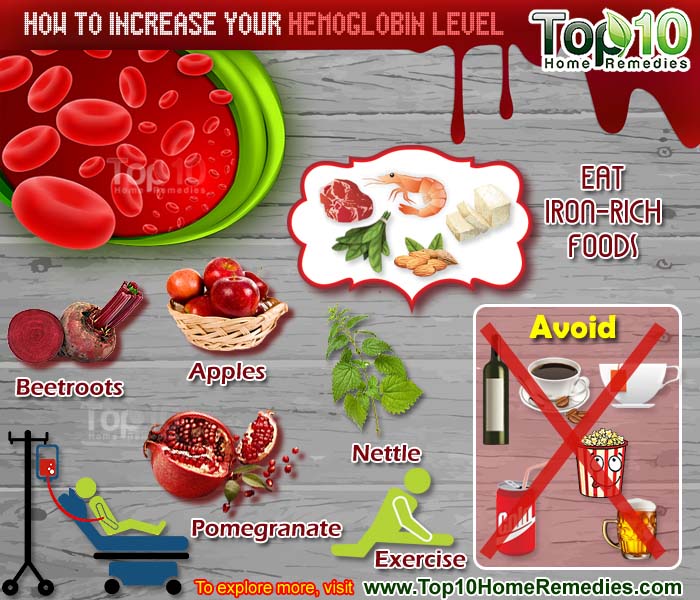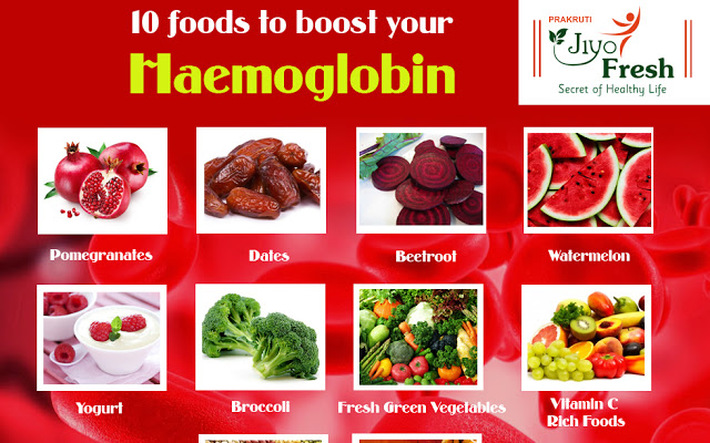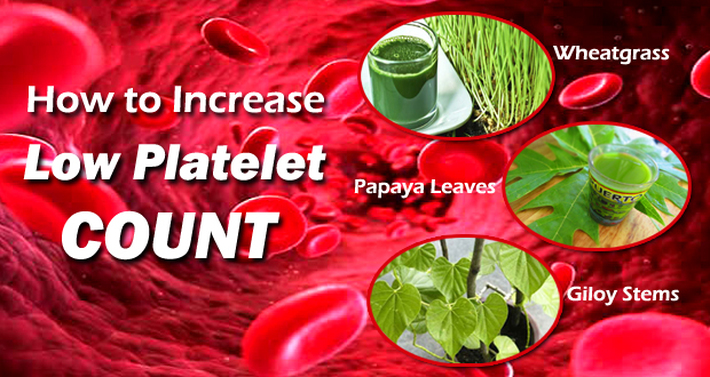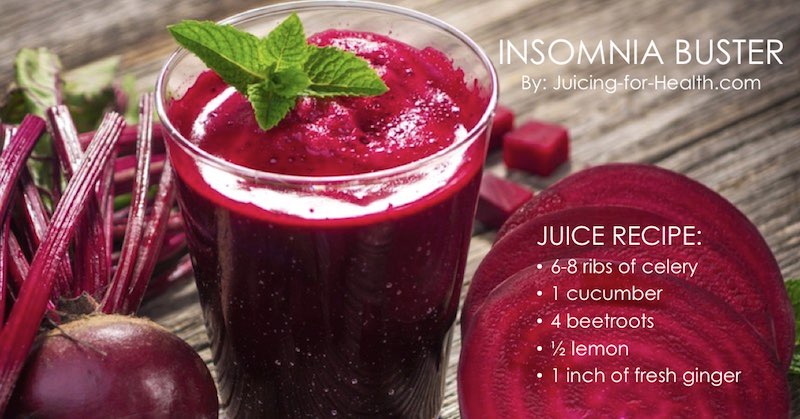Hemoglobin is an iron-rich protein responsible for transporting oxygen from your lungs to other areas of your body. Low hemoglobin levels are often associated with low iron levels, and adding iron to your diet is a simple way to promote the normal production of hemoglobin.
Other nutrients aid in this process, too, so talk to your doctor about the dietary changes you can make to raise your levels.
Boost Your Iron IntakeIron is a mineral that's essential for making healthy red blood cells and hemoglobin. If your red blood cells don't contain enough hemoglobin, you'll develop anemia, a condition that causes fatigue, shortness of breath and chest pain, according to the National Heart, Lung and Blood Institute.
Increasing your intake of iron will help your body make more hemoglobin. Lean meats, seafood, beans, peas, dried fruits, leafy greens, prune juice and iron-fortified grains are all nutritious ways to boost your iron intake.
Get More Vitamin C
Increase your intake of vitamin C because it helps your body absorb iron, which can promote hemoglobin production. Adding fruit to your daily diet is a simple way to get more of this key vitamin. Citrus fruits, berries, kiwis and cantaloupe are all good sources. Nutritious vegetable sources of vitamin C include bell peppers, tomatoes, broccoli, potatoes and leafy greens, and adding these to your diet can be an effective way to help your body absorb more iron.
Increase Intake of Vitamin B-12 and Folate
One type of anemia is called vitamin-deficient anemia, and it occurs when you have low levels of vitamin B-12 and folate, according to the American Society of Hematology. If low levels of either nutrient are because of poor diet, your doctor will likely recommend that you add certain foods to your menu to boost your intakes. Lean meat and seafood are healthy sources of vitamin B-12, and leafy greens and citrus fruits are nutritious foods that supply folate.
Talk to Your Doctor About Supplements
In some cases, anemia because of low vitamin B-12 is called pernicious anemia and occurs when your body isn't able to absorb the nutrient properly. If this is the case, your doctor will prescribe vitamin B-12 shots or pills to keep your levels normal. Your doctor might recommend iron or folate supplements if low levels of either of these are the cause of your low hemoglobin levels. If your low iron level, and therefore your low hemoglobin level, is because of a medical condition, such as when your red blood cells don't form properly, your doctor might prescribe medication to help boost your levels of hemoglobin.
Other nutrients aid in this process, too, so talk to your doctor about the dietary changes you can make to raise your levels.
Boost Your Iron IntakeIron is a mineral that's essential for making healthy red blood cells and hemoglobin. If your red blood cells don't contain enough hemoglobin, you'll develop anemia, a condition that causes fatigue, shortness of breath and chest pain, according to the National Heart, Lung and Blood Institute.
Increasing your intake of iron will help your body make more hemoglobin. Lean meats, seafood, beans, peas, dried fruits, leafy greens, prune juice and iron-fortified grains are all nutritious ways to boost your iron intake.
Get More Vitamin C
Increase your intake of vitamin C because it helps your body absorb iron, which can promote hemoglobin production. Adding fruit to your daily diet is a simple way to get more of this key vitamin. Citrus fruits, berries, kiwis and cantaloupe are all good sources. Nutritious vegetable sources of vitamin C include bell peppers, tomatoes, broccoli, potatoes and leafy greens, and adding these to your diet can be an effective way to help your body absorb more iron.
Increase Intake of Vitamin B-12 and Folate
One type of anemia is called vitamin-deficient anemia, and it occurs when you have low levels of vitamin B-12 and folate, according to the American Society of Hematology. If low levels of either nutrient are because of poor diet, your doctor will likely recommend that you add certain foods to your menu to boost your intakes. Lean meat and seafood are healthy sources of vitamin B-12, and leafy greens and citrus fruits are nutritious foods that supply folate.
Talk to Your Doctor About Supplements
In some cases, anemia because of low vitamin B-12 is called pernicious anemia and occurs when your body isn't able to absorb the nutrient properly. If this is the case, your doctor will prescribe vitamin B-12 shots or pills to keep your levels normal. Your doctor might recommend iron or folate supplements if low levels of either of these are the cause of your low hemoglobin levels. If your low iron level, and therefore your low hemoglobin level, is because of a medical condition, such as when your red blood cells don't form properly, your doctor might prescribe medication to help boost your levels of hemoglobin.




